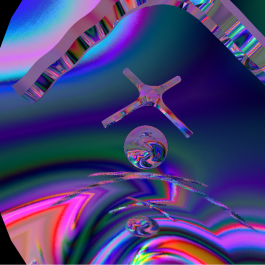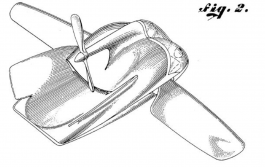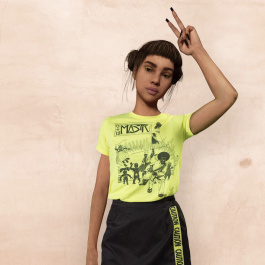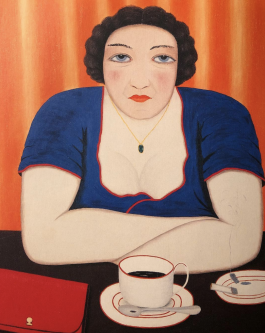REALITY DISINTEGRATION
27 February 2018
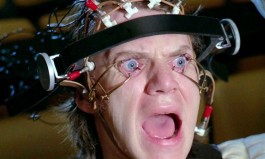
Augmented reality … can raise weighty philosophical questions about the nature of reality.
It is quite interesting how the exact same thing (let´s say putting on a HMD in order to experience a VR experience and then getting rid of the HMD afterwards) can evoke reactions that are totally contrary. On the one hand there is something called Post-VR-Sadness, on the other hand there is something that could be described as Post-VR-Euphoria, described by Jason Larnier somewhere here. He ist just happy to experience pure reality with all senses after getting rid of the HMD.
The truth – finally
As some (like Nathan Jurgenson) have argued, it is not very conducive to oppose the real to the augmented (Always Already Augmented) anyhow. Maybe one could argue that the same is true for VR. And: it as well makes not sense to moan about the sudden death of reality or even worse: the truth. #NEW #NORMAL
Jenny Davis writes: Arguments about the loss of reality via augmentation … miss two crucial points. First, social scientists and philosophers have long rejected the idea of a single shared reality. Second, even if there were one shared reality, it’s far from clear that augmentation would muddy it. It’s easy to think that augmented reality will be the end of Truth, but such a concern presumes that there was a singular Truth to begin with. What AR does is … clarify that the world is not, and needn’t be, what it seems.
She quotes Jurgenson who – finally – brings in Berger and Luckmann and their term „social construction“. This is interesting because it broadens the interdisciplinary approach when thinking about emerging media.
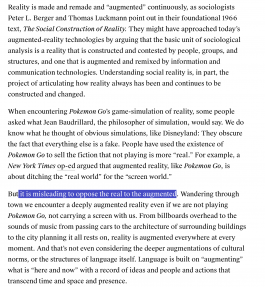
But what happens „when we get used to an augmentation of reality [and] we stop thinking of it as augmentation and see it simply as reality“? Or on a more practical note: How do we make use of augmentation in a fulfilling and worthwhile way? What kind of frameworks do we need? How many realities can we construct and distinguish when the referential objects that Davis is talking about (She says that „Playing with imagery (through lenses, filters etc.) casts the original image as pure and unfiltered. The augmented image gives new character to its original.“and „Just as the #nofilter selfie becomes a relevant category only in the face of myriad filters, the pre-augmented world only emerges as “natural” in comparison to that which is digitally adorned“) are not really „real“. And is that important at all? What the heck is THE truth and for whom? Weighty philosophical questions about the nature of reality.
Let´s just get away with Vladimir Storm.
